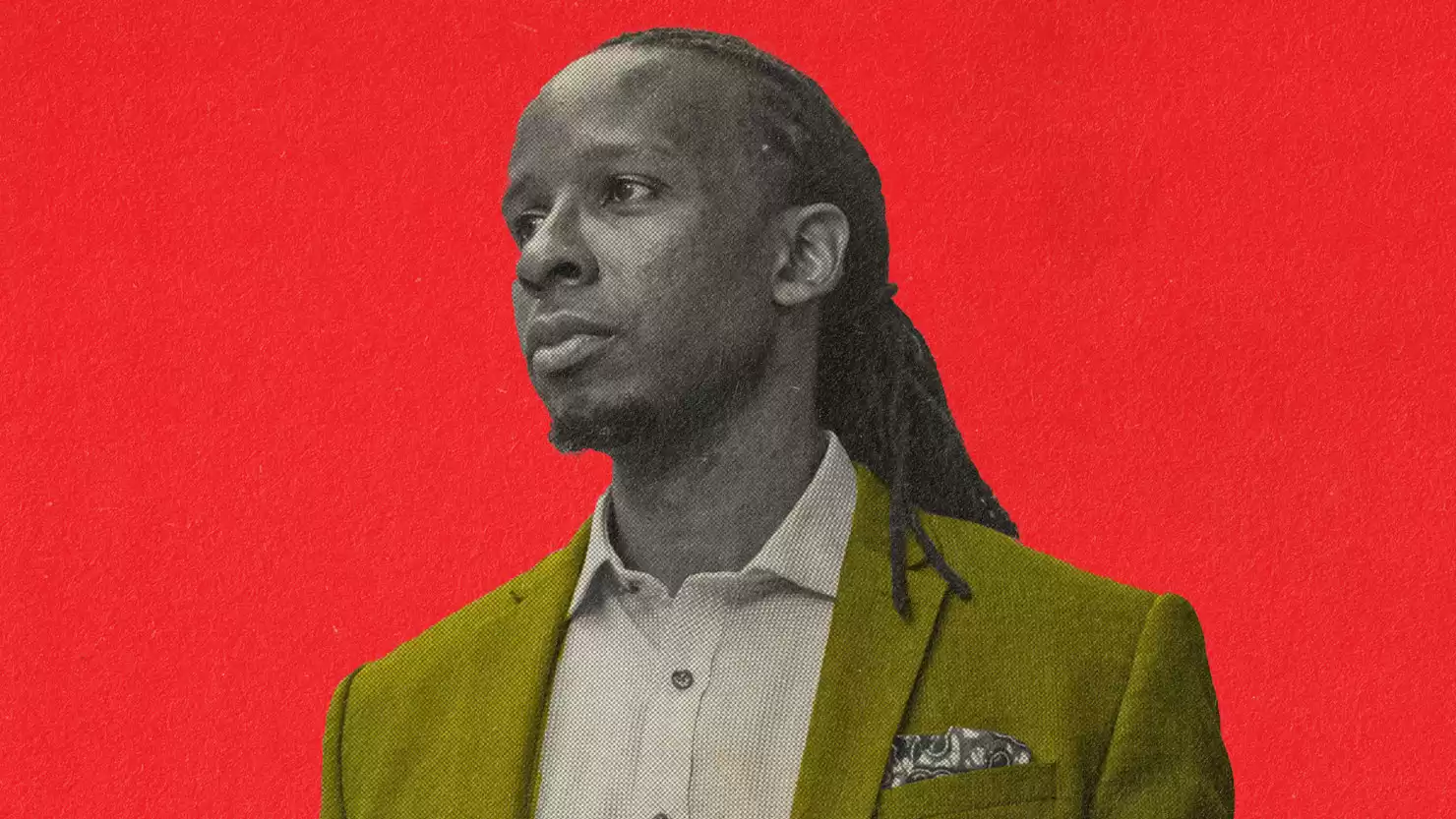Working at Ibram Kendi's Center for Antiracist Research: A Revealing Insight from Boston University
Dysfunction and layoffs plague the Center for Antiracist Research, causing disappointment and frustration for staff members. Boston University faces a crossroads in addressing the harm done.
When I received an invitation to join the Center for Antiracist Research, I was filled with hope and ambition. As a junior faculty member at Boston University, I never expected to be considered for such an opportunity. Dr. Ibram X. Kendi, an academic rockstar, was leading the center, and I was honored to be interviewed and ultimately offered a position.
However, my experience at the Center turned out to be far from what I had anticipated. Dysfunction and layoffs plagued the organization, leaving me and many others disillusioned. I had been tasked with developing educational and training programs that would advance antiracist workforce development. The goal was to create a groundbreaking program that would meet the demand for training in the wake of the "racial reckoning."
Unfortunately, I encountered numerous obstacles and frustrations during my time at the Center. Leadership decisions were often unexplained or nonsensical, and my recommendations based on expertise were ignored. Meetings felt unproductive, and expressing concerns seemed futile. This experience was shared by many others at the Center, leading to a sense of dysfunction that hindered our efforts.
While some dysfunction is to be expected in any organization, the Center's issues went beyond the norm. Colleagues in significant leadership positions were leaving abruptly, signaling deeper problems within the organization. I tried to remain optimistic, attributing these issues to growing pains. However, it became clear that the dysfunction was undermining my work and the overall mission of the Center.
In terms of the training program, there was a reluctance to offer competitive salaries, which hindered our ability to attract top talent. I strongly believed in paying people what they deserve, and this principle clashed with the Center's approach. Despite eventually offering higher salaries, the Center failed to provide the necessary resources to build the quality program we had envisioned. This was particularly troubling considering the training program was expected to generate revenue for the Center.
The dysfunction also impacted the development of Antiracism Studies programs. I collaborated with various stakeholders to design an interdisciplinary graduate program, but faculty support was lacking due to concerns about the Center's operations. I also voiced concerns about the need for antiracist learning at the undergraduate level, but these concerns fell on deaf ears. Ultimately, we were unable to establish any Antiracism Studies programs, and discontent within the Center continued to grow.
Amidst these challenges, I recognized a need to increase antiracist content in the university's curriculum. I proposed and created a fellowship that trained faculty in antiracist pedagogy. This initiative, a collaboration between the Center for Antiracist Research, the Center for Teaching and Learning, and the Office of Diversity and Inclusion, was a success and positively impacted the university.
Despite this small victory, the dysfunction at the Center became unbearable, taking a toll on my well-being. I made the difficult decision to leave the organization. However, shortly before my departure, I was informed that I would no longer be part of the leadership of the fellowship I had created. This decision was never adequately explained, and it left me questioning the Center's commitment to antiracism.
My experience at the Center was filled with disappointment and exhaustion. It became clear that the organization had lost its way and was no longer living up to its promise. The recent mass layoffs further solidified the demise of the Center that many had once believed in.
This tragedy serves as a cautionary tale about the dangers of celebrity and the search for saviors. High-profile academics may attract attention and resources, but true leadership ability should not be confused with popularity. Antiracism has become a buzzword, often used for branding or self-promotion, rather than a genuine movement for change. Many institutions respond to the "racial reckoning" with superficial gestures rather than true commitment.
The layoffs at the Center come at a time when racist backlash is escalating. The actions of the Center are being celebrated by those who seek to discredit antiracism. Boston University now faces a choice. They can engage in damage control, launching inquiries that lead to no real change, or they can commit to transformative justice. This requires taking responsibility for the harm caused and actively working to repair it, involving all staff, faculty, and community partners affected by the Center's actions.
The eyes of our students are on Boston University, watching to see how they respond. The choice they make will determine whether history repeats itself or if real change is embraced.











Comments on Working at Ibram Kendi's Center for Antiracist Research: A Revealing Insight from Boston University